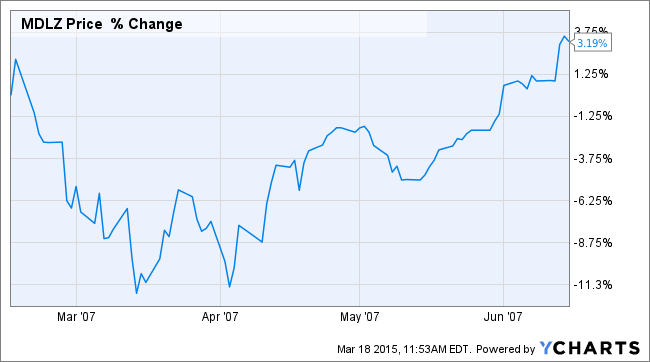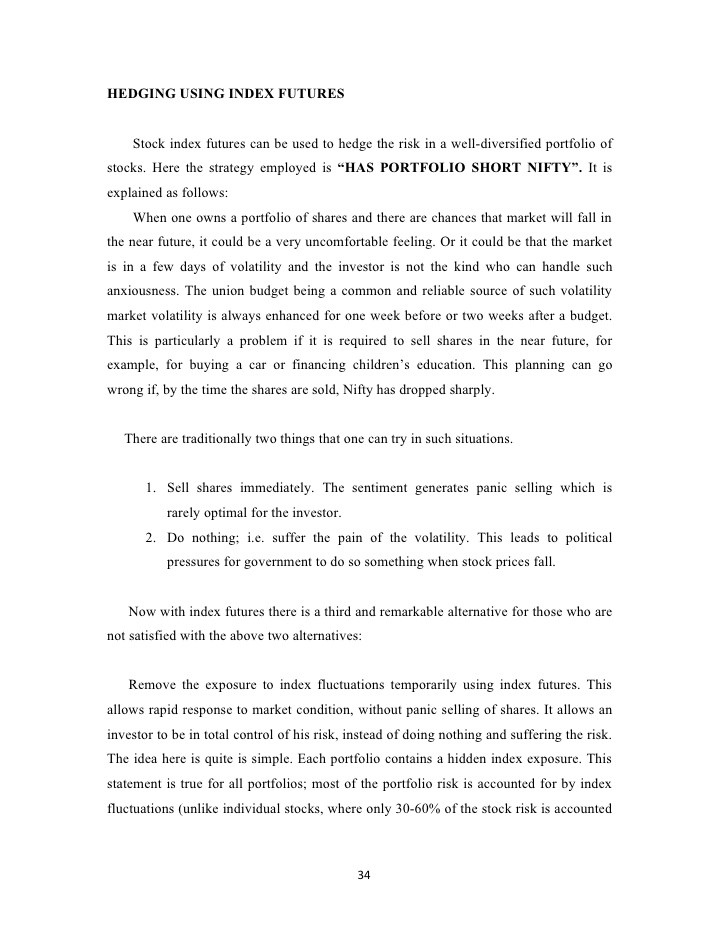Hedge Against Every Risk The Face With 1 Holding Portfolio 2007 Stock Picks and
Post on: 28 Март, 2015 No Comment

Follow
Description:
1. Rising oil prices have meant rising oil revenues for some foreign oil companies.
2. These rising oil revenues have created higher free cash flows for these foreign oil companies.
3. Some of these companies have used these free cash flows to buy back massive amounts of stock.
4. These buybacks have been very beneficial to the U.S. equities market, and have been an important reason for the U.S. equities market going higher.
5. These oil revenues (expenditures) collected by these foreign companies (paid for by oil importers) are counted in the current account/balance of payments.
6. Rising oil prices have created a larger U.S. current account deficit.
7. Rising oil prices have led to dollar depreciation for two reasons: a) oil exporters’ preferences for U.S. goods are lower than those countries — the U.S. Europe, Asia, etc. — that are now paying a higher oil bill. Thus, money has passed from those countries that have a higher demand for U.S. goods and assets to other countries that have lower demand for U.S. goods and assets. This causes the dollar to depreciate, so that demand/supply get back in line; b) larger U.S. current account deficit has caused dollar depreciation for various other reasons.
Note that the dollar began to depreciate in 2002, right when oil prices began to rise significantly. Not a coincidence.
8. In turn, this dollar depreciation has helped boost the equity market even more, through the translation effect (boosts corporate profits for U.S. multinational firms when earnings are translated back into the depreciating dollar).
Conclusion From What We Know: Rising oil prices so far have been BULLISH for U.S. equities.
What We Know — Part II:
1. So far, oil companies haven’t spent any significant amount of money on exploration. As company after company have indicated in their conference calls, the oil expenditure cycle is just beginning, and will last through 2010 (maybe longer, due to the prolonged refusal by these oil companies to spend on exploration)

What This Implies About The Future: As long as oil companies continue to save rather than spend their money (activist shareholders demanding value creation have helped fuel this as well) (note: assuming that oil prices don’t get so high that it knocks the U.S. economy into a recession), higher oil prices IS bulllish for U.S. equities, thanks to the buybacks.
Thus, it would seem that higher oil prices could only be bearish once these oil companies begin spending their money on exploration/production, b/c this means less buybacks boosting stocks, less money flowing in and pressing down U.S. interest rates (which also helps equities, b/c it reduces the discount rate. this is the global savings glut effect), etc.
However, we know that oil companies eventually will begin to increase CapEx. Thus, to protect against the negative side effects that could occur, BUY OIL DRILLERS/EXPLORATION FIRMS, who would be the ones RECEIVING these increased oil expenditures.
Conclusion: Thus, BUY OIL DRILLERS/EXPLORATION FIRMS (I’ve listed some possibilities here) to protect against: a) U.S. dollar depreciation & b) the U.S. current account deficit actually possibly being harmful rather than beneficial [note: assuming that the various risks that we face due to dollar depreciation and the deficit don’t create chaos; the likelihood of such tremendous chaos is low]; c) the risk of foreigners no longer being willing to finance the current account deficit; d) rising oil prices eating into corporate revenues; e) see my how to hedge against a U.S. economic crisis portfolio for other things it hedges against.
By: Matthew
www.stockpickr.com/port/Companies-Whose-Stocks-Should-Benefit-From-Excess-Savings/
Maybe you could profit off them (through buybacks, dividends, etc. ) while they refuse to spend money on exploration/drilling.














